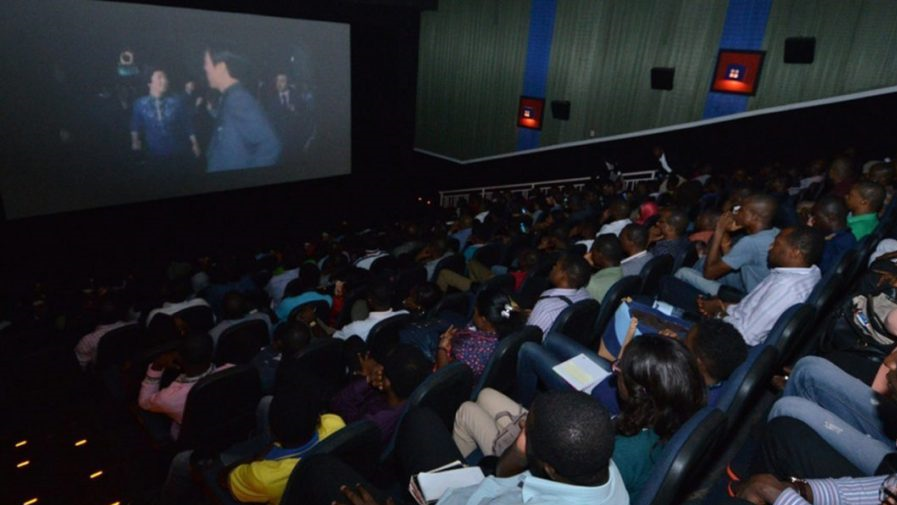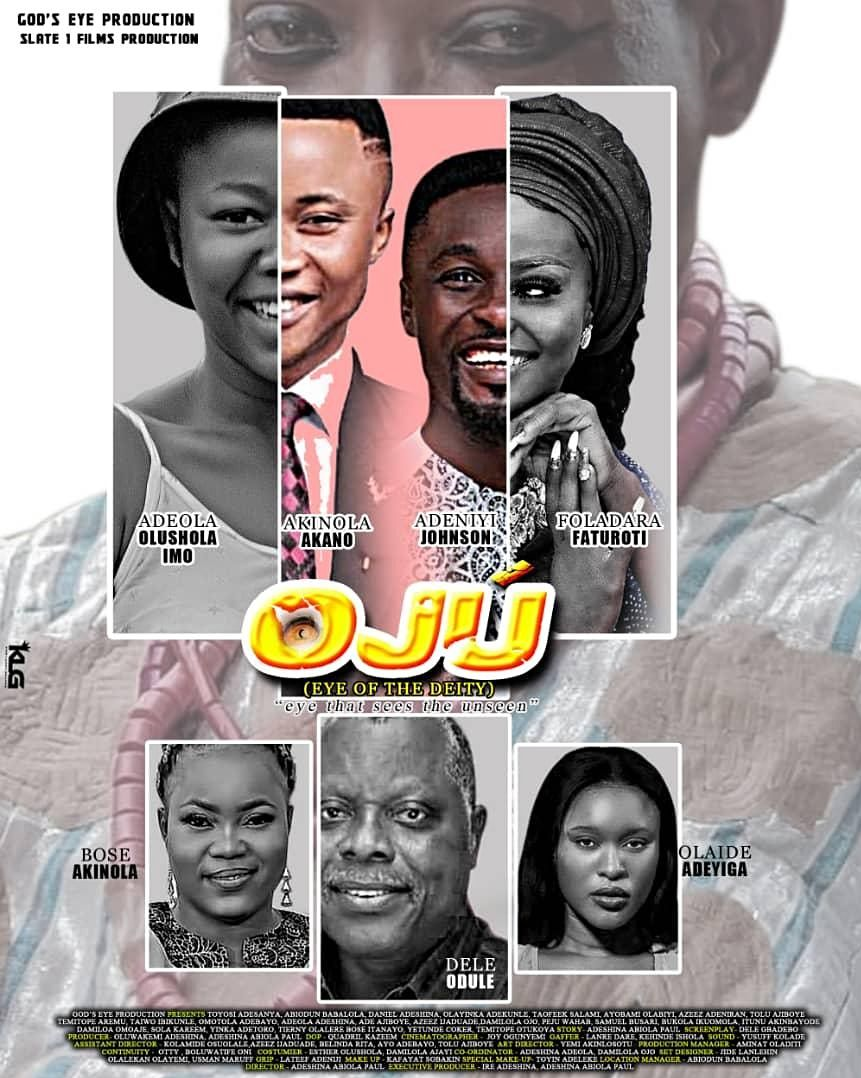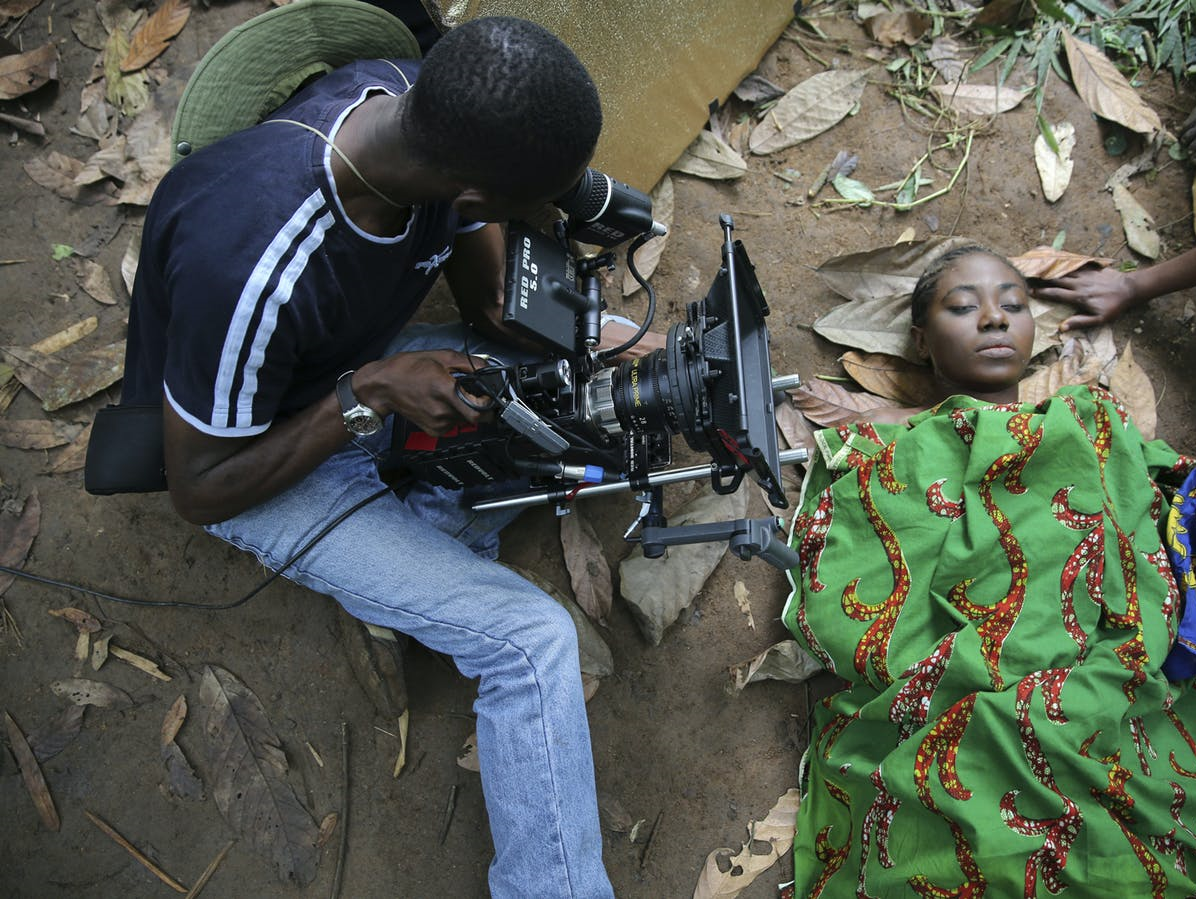Nigerian Cinema Positive Reaction to Corona / What about “Hollywood”?

According to Fars News Agency, Nigeria became independent 60 years ago and is now the most populous country in Africa with 210 million citizens. It is the largest oil exporter in Africa and has the largest film industry in Africa in the field of culture. The industry, known as “Hollywood” for short, is so large that, according to UNESCO, it produces between 1,500 and 2,500 films a year, second only to India’s Bollywood.
Hollywood is also economically lucrative, and although Nigerian films cost less than $ 1 million, they sell well on the home theater network, with each film usually being distributed and sold in 50,000 CDs.
* Increased production of films during the days of the Corona outbreak!
Interestingly, the number of Nigerian video productions has also increased during the Corona outbreak! According to the National Statistics Office of Nigeria (NBS), the number of films produced by Hollywood in the second quarter of this year reached 635 films, while in the first quarter of 2021 it was 416 films. This represents a growth of 1.44% compared to last year, when 626 films were produced.
The port city of Lagos (Nigeria’s capital) has the highest number of films produced in the second quarter of 2021 with 234 films, followed by Abuja with 196 films and Onitsha with 174 films. Joss with 9 films and Kano with 8 films and Benin and Port Harcourt with 7 films had the lowest production respectively.
Nigeria produced a total of 2,599 films in 2020. It is no coincidence that Nigerian Nigerian cinema is ranked as the second fastest growing entertainment industry in the world.

* Nigerian filmmakers complain about platforms
Of course, the boom in film production and distribution has been accompanied by grievances from the Nigerian Cinema Owners Association (CEAN), as some films enter film distribution platforms directly without being shown in cinemas.
“The experience of cinema is different from watching a movie on a cell phone or a computer,” said Patrick Lee, president of the Nigerian Cinema Screening Association, which has 54 cinemas.
At the same time, he assured cinema-goers that hygiene protocols were being followed in cinemas, which included washing and disinfecting hands, controlling fever, social distancing, and limiting co-presence. In Lagos, for example, only 50 percent of the hall’s capacity is allowed to sell tickets.

* New productions of Nigerian cinema
“Castle of Love” has been released in Lagos Nigerian cinemas since September 10 (September 19). The film is mostly produced in English, but uses a small amount of Hasa, Igbo and Yoruba languages.
Castle of Love was written and produced by Beatrice Funke Ogunmola and directed by Desmond Elliott. This film has a story in the context of Nigerian culture; Edtoto, the main character of the film, is forced to leave his wife and daughter in Texas against the wishes of her and her husband, to become the viceroy in Nigeria after the death of her father. But unfortunate events later lead to the revelation of secrets and the battle for the throne begins.
The author of “Castle of Love” noted that the script was prepared in 2019 and the film was shot in November 2019 in Ibadan, Nigeria and in February 2020 in Houston, Texas. Filming in the United States ended just two weeks before the start of the 2020 quarantine.
“Castle of Love” was the official selection for the Toronto International Women’s Film Festival and the 2021 Toronto International Hollywood Film Festival.

“Ojo” (Eye of God) is another popular Nigerian film this year. The film recently had its first public screening at Ibadan University, but will be released to the public later this month.
“Ojo”, which has caused a stir on social media, is a film that highlights the African era of the 1990s, when atrocities were committed. The film is about a villager who celebrates every 7 years by sacrificing a young girl.
The cast includes Tuysi Adsania, Del Odol, Adeola Olusula, Aquinola Acano, Fuladara Faturotti, Ney Johnson, Boze Aquinola, Fata Odua and Olig Adigiga.

End of message
.

